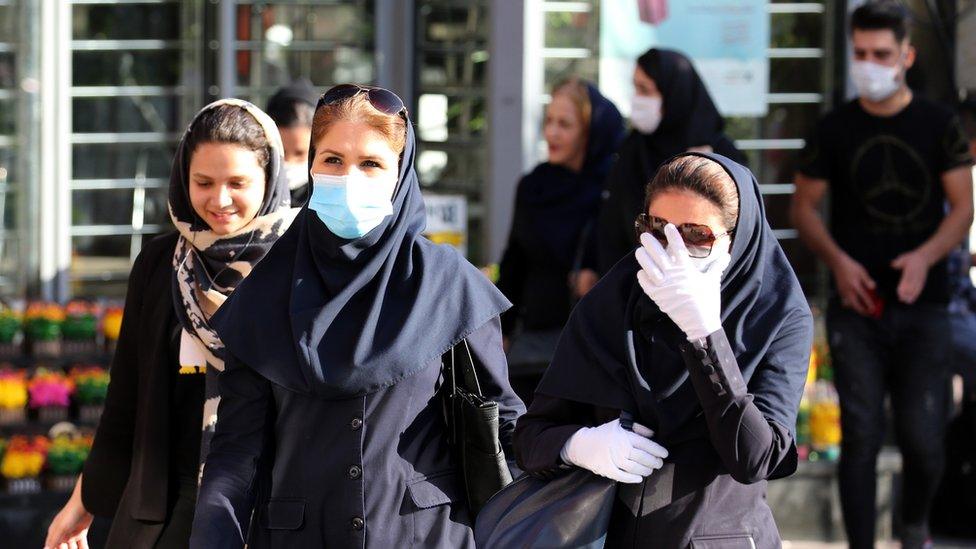Iran reins in family planning as population ages
- Published

Iran has limited the provision of family planning services at state-run hospitals as it tries to boost its population size.
Vasectomies will no longer be carried out at state-run medical centres and contraceptives will only be offered to women whose health might be at risk.
Such services will, however, still be provided at private hospitals.
The government has become concerned about fewer births and an increasingly ageing population.
Annual population growth has dropped below 1% and, if no action is taken, Iran could become one of the world's oldest countries in the next 30 years, the health ministry says.
Just two years ago, the country was recorded as having population growth of 1.4%. The rate in neighbouring Iraq was 2.3% and 1.8% in Saudi Arabia, according to World Bank data, external.
Marriage and children within marriage are both in decline, Iran's state-run news agency Irna reports, largely because of economic hardship.
Last month, Deputy Health Minister Seyed Hamed Barakati reported that the marriage rate had dropped by 40% in a decade.
"With this trend, we will be one of the oldest countries in the world in the next 30 years," he said.
Iran enjoyed a population boom after the Islamic Revolution in 1979 but went to on implement an effective population control policy.
Supreme Leader Ayatollah Ali Khamenei has been calling for people to have more children, saying he wants the current population population of 80 million to grow to 150 million.